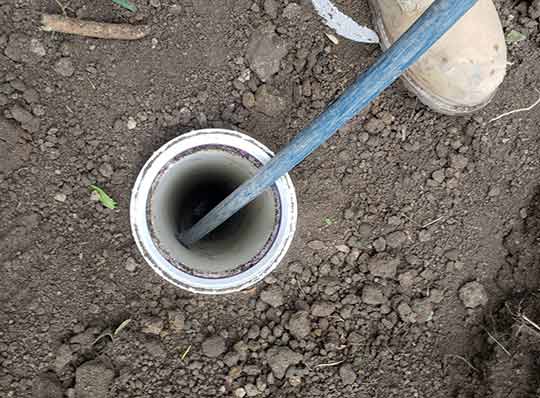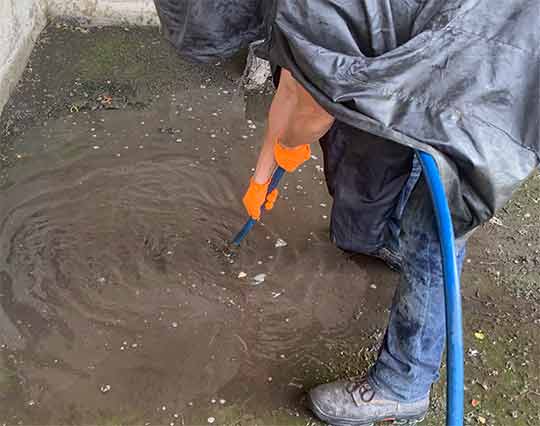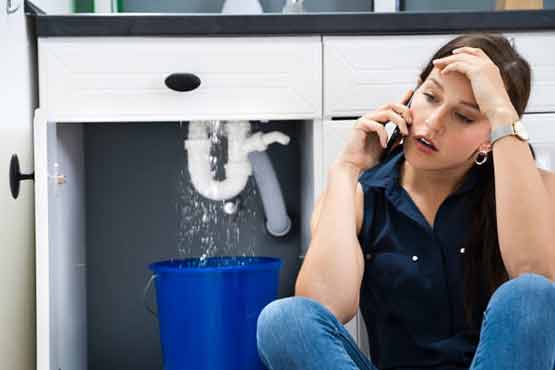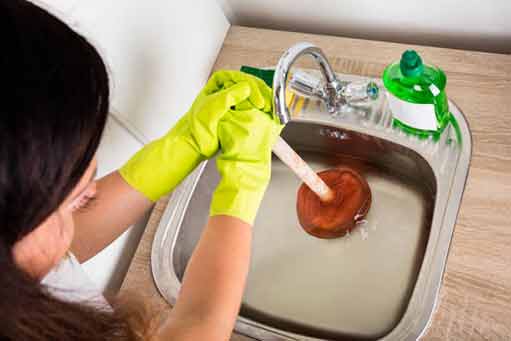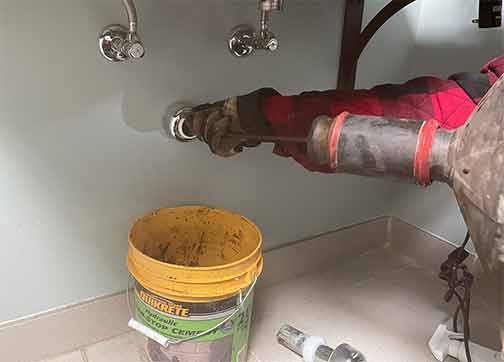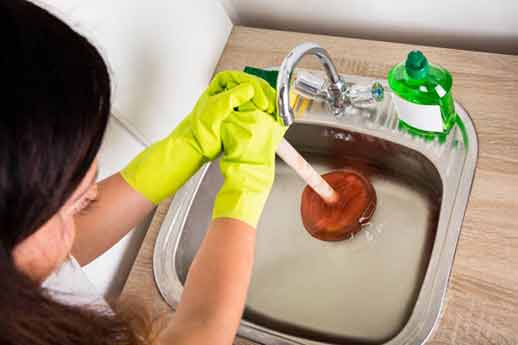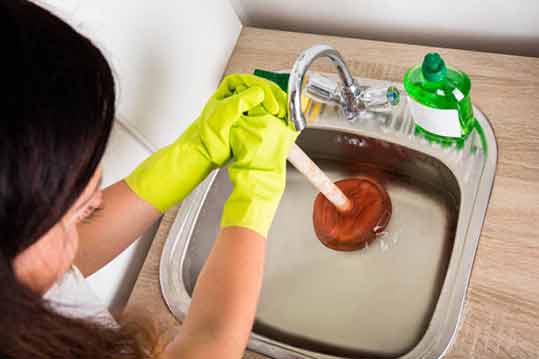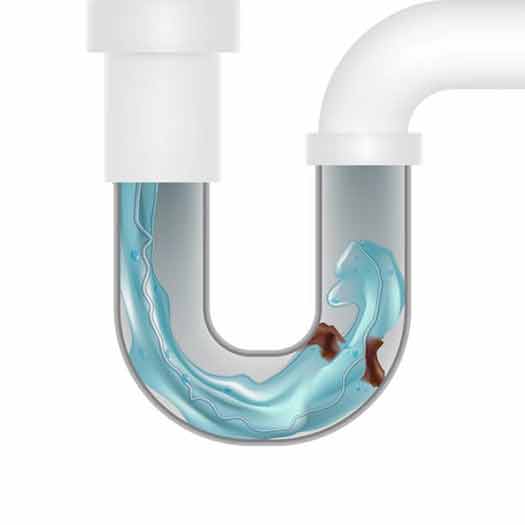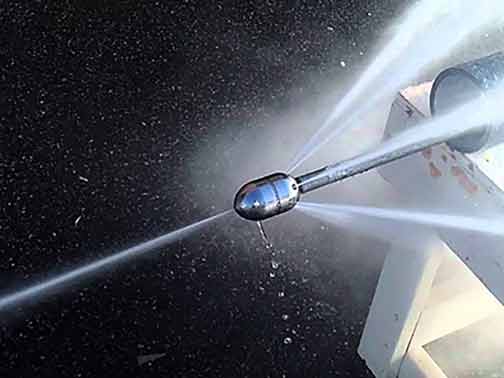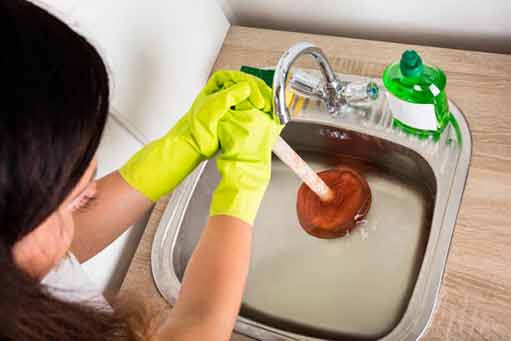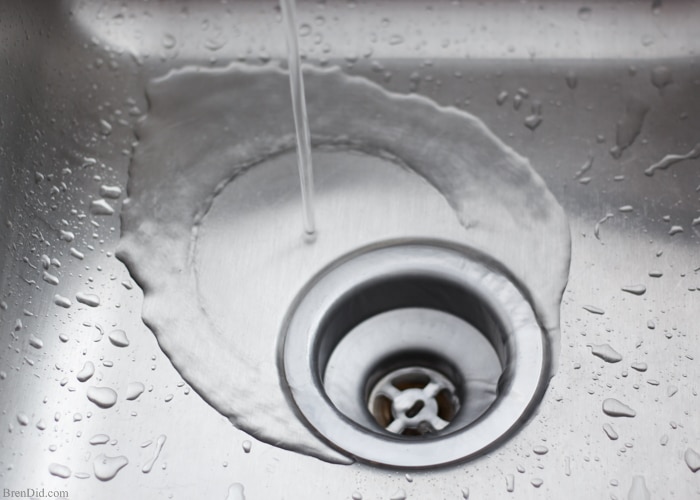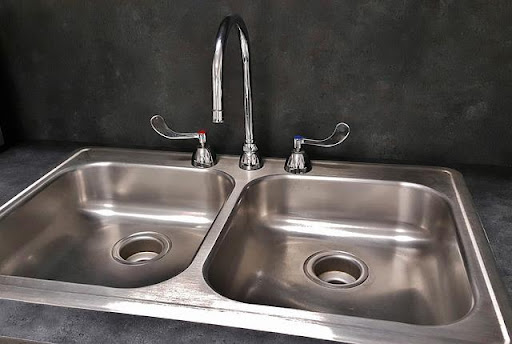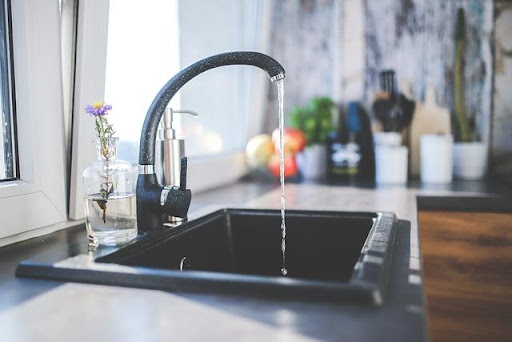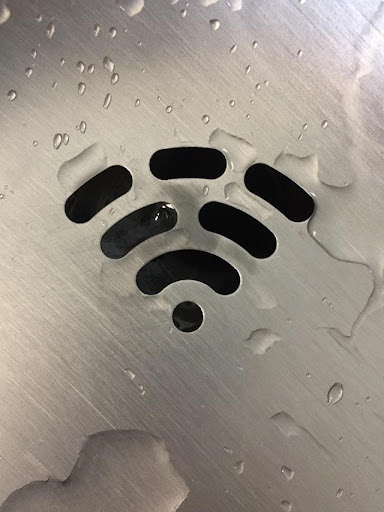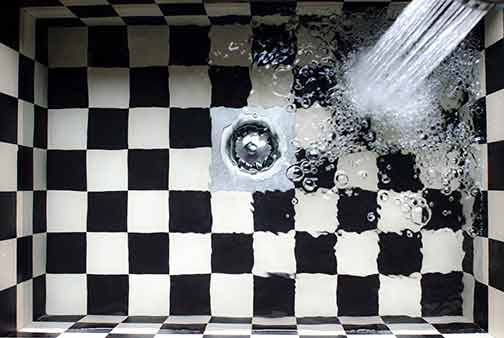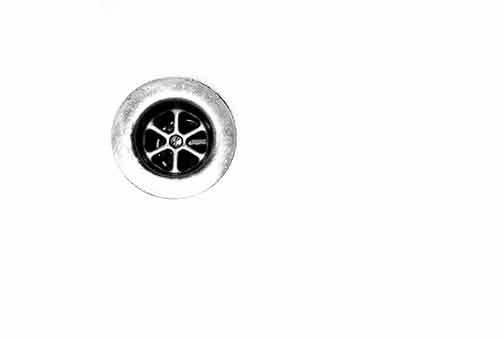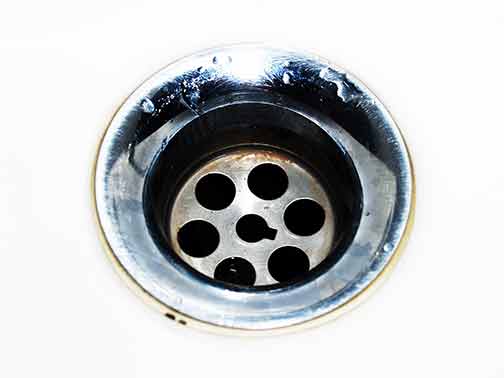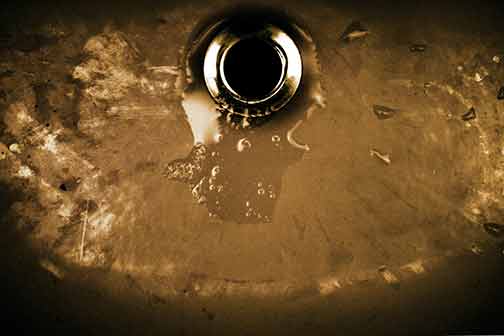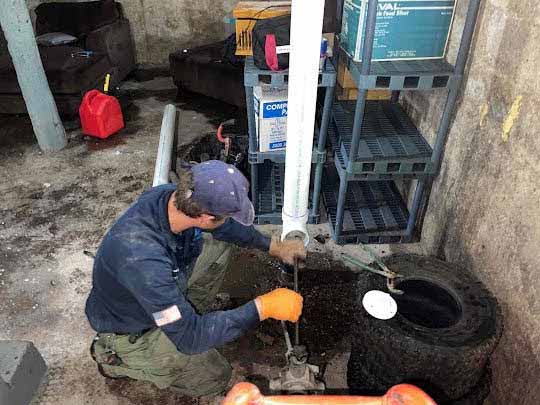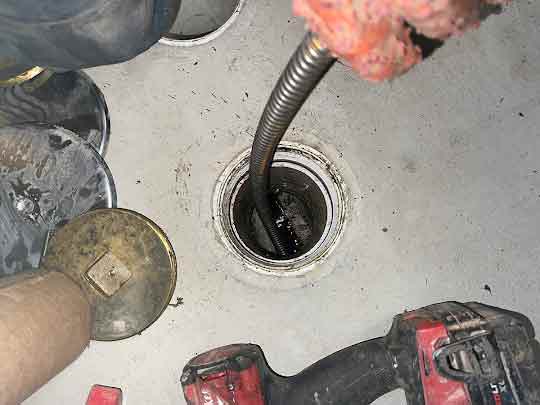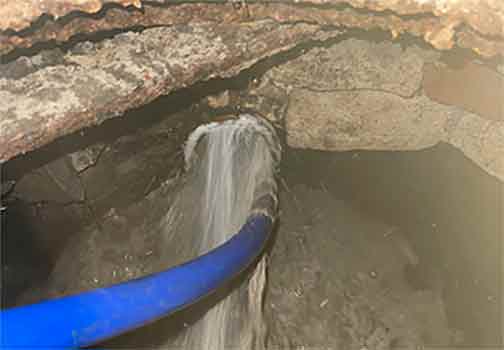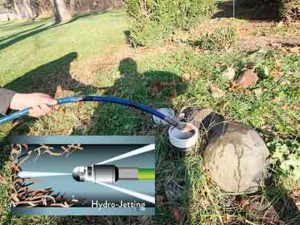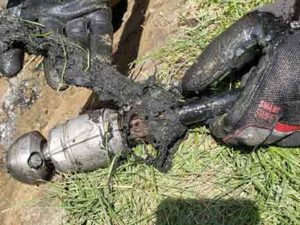The science behind Hydro jetting, also known as water jetting, is a cleaning technique that uses high-pressure water to remove dirt, debris, and obstructions from pipes, drains, and other surfaces. The process is more effective than traditional cleaning methods, such as sewer line rodding, because it can reach deeper into the pipes and blast away even the most stubborn obstructions.
In this article, we will take a closer look at the science behind hydro jetting and its effectiveness in cleaning pipes and drains.
How Does Hydro Jetting Work?
Hydro jetting works by using high-pressure water to clean pipes and other surfaces. The water is forced through a small nozzle at a pressure of up to 3,500 pounds per square inch (psi), which is enough to blast away even the most stubborn obstructions.
The water pressure is created by a specialized pump, which is designed to deliver a high volume of water at a very high pressure. The pump is connected to a long hose, which is then inserted into the pipe or drain that needs to be cleaned.
Once the nozzle is inserted into the pipe, the water is turned on, and the nozzle is slowly moved through the pipe, blasting away any obstructions in its path. The water is powerful enough to break up tree roots, grease, and other debris that can cause clogs and other problems in pipes and drains.
Hydro jetting is more effective than traditional cleaning methods, such as rodding, because it can reach deeper into the pipes and blast away even the most stubborn obstructions. It is also environmentally friendly, as it does not use any harsh chemicals that can harm the environment.
When Is Hydro Jet Cleaning Needed?
Hydro jetting is typically used when other cleaning methods, such as drain snaking and sewer rodding, have failed to remove obstructions from pipes and drains. It is also used as a preventative measure to keep pipes and drains clean and free of obstructions.
Hydro jetting is commonly used in commercial and industrial settings to clean large pipes and drains, but it can also be used in residential settings to clean smaller pipes and drains. It is especially useful in older homes and buildings where pipes may be clogged with years of buildup.
The Effectiveness of Hydro Jetting
Hydro jetting is an extremely effective cleaning method that can remove even the most stubborn obstructions from pipes and drains. The high-pressure water is powerful enough to break up tree roots, grease, and other debris that can cause clogs and other problems.
Hydro jetting is also effective at removing scale buildup from pipes. Scale buildup is a common problem in older homes and buildings where the pipes are made of galvanized steel or copper. Over time, minerals in the water can build up on the inside of the pipes, causing the diameter of the pipe to become smaller. This can cause problems with water pressure and flow. Hydro jetting can remove the scale buildup and restore the diameter of the pipe.
Hydro jetting is also effective at removing grease buildup in commercial kitchens and restaurants. Grease buildup is a common problem in these settings, as grease from cooking and cleaning can build up in the drains and pipes over time. Hydro jetting can blast away the grease buildup and restore the flow of water.
Overall, hydro jetting is an extremely effective drain cleaning method that can remove even the most stubborn obstructions from pipes and drains. It is also environmentally friendly, as it does not use any harsh chemicals that can harm the environment.
The Benefits of Hydro Jet Drain Cleaning
There are many benefits of hydro jetting, including:
- Efficiency: Hydro jetting is an efficient cleaning method that can quickly remove even the most stubborn obstructions from pipes and drains.
- Eco-friendly: Hydro jetting is environmentally friendly, as it does not use any harsh chemicals that can harm the environment.
- Effectiveness: Hydro jetting is an effective cleaning method that can remove scale buildup, grease buildup, and other obstructions from pipes and drains.
- Preventative maintenance: Hydro jetting can be used as a preventative maintenance technique to keep pipes and drains clean and free of obstructions.
The Bottom Line
Hydro jetting is an extremely effective drain cleaning service that can remove even the most stubborn obstructions from pipes and drains. It is also environmentally friendly and can be used as a preventative maintenance technique to keep pipes and drains clean and free of obstructions.
If you are experiencing problems with clogged pipes or drains, hydro jetting may be the solution you need. Contact a plumber near you to learn more about hydro jetting and how it can benefit your home or business.
